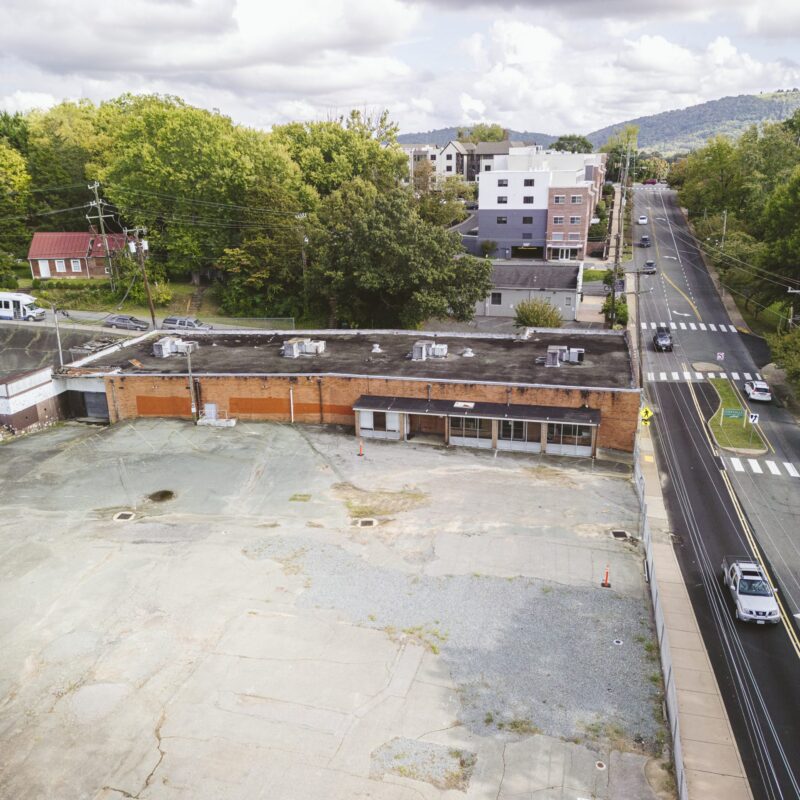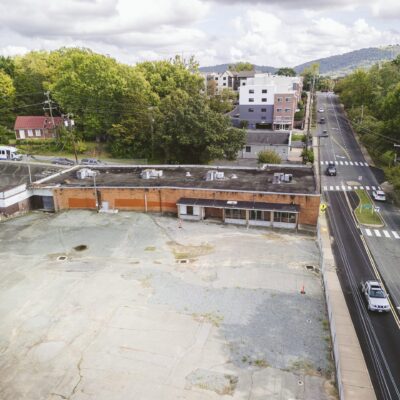I’m getting close to the end of David Owen’s Green Metropolis, and will have more to say about it next week. But for now I’ll pull from the book another little snippet of provocative thinking about a locally sacrosanct figure. Last time it was Thomas Jefferson; this time it’s Joel Salatin. (At least it sure sounds that way.) Owen writes:
"The writer Michael Pollan has been a passionate and effective advocate for small-scale, locally oriented agriculture, but many of the mouthwatering examples he has written about undercut the increasingly common carbon argument for preferring such food. In his book The Omnivore’s Dilemma, published in 2006, he describes an extraordinarily appealing organic farm, whose owner views even Whole Foods as ominously industrial [meaning Polyface, I’m almost certain].
"Among the farm’s regular customers are some people who have taken ‘a beautiful drive in the country’ in order to resupply themselves—including one who explains, ‘I drive 150 miles one way in order to get clean meat for my family.’ This is a powerful endorsement, and it made me want to eat those chickens, too, but there is nothing remotely sustainable about three-hundred-mile car trips to buy dinner. All the car miles traveled by the farm’s loyal customers should be considered part of the carbon footprint and embodied energy load of those chickens."
It’s kind of hard to argue with that, eh? Still, as with Owen’s book in general, I feel that he’s criticizing an eco-initiative based only on part of its operation or design, in service to his larger points about land use patterns and transportation. The way Salatin landed in Pollan’s book, after all, was by famously refusing to ship his products beyond a local radius, piquing Pollan’s curiosity.
What do you think?



